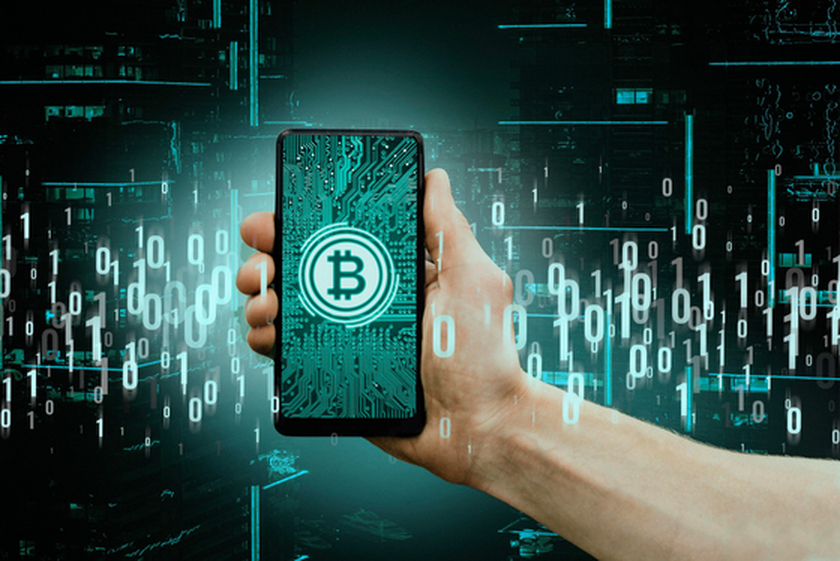
The country also rose 25 positions in the Global Cybersecurity Index.
Bkav pointed out that the carelessness of Internet users in considering that document files are quite harmless has led to a boom in malicious code spread this year, with more than 1.5 million computers in Vietnam being infected.
Staying at the second most popular infection way is FileStealer, aiming at stealing data files. It has entered 750,000 computers in the country via USB or fake icons of popular document software pieces (PDF, MS Office). All possible document files with the extensions of .doc, .docx, .xls, .xlsx, .pdf are then sent to the hacker’s server.
Another infamous infection is from large-scale ransomware attacks aiming at servers containing accounting data. Compared to fewer than 1,000 infected servers in 2021, the figure for this year is over 14.500 servers.
Noticeably, in 2022, many individuals have become victims to online financial scams. The most well-known case is a loss of VND2.1 billion ($89,300) in a bank account after the victim was tricked to upgrade the SIM card (in Ho Chi Minh City) or the case of following instruction of a criminal impersonating a police officer, leading to a loss of over VND5.5 billion ($234,000) in Hanoi.
Bkav informed that 3 out of 4 phone users in Vietnam have already received online financial fraud messages or calls.
There are now about 6.8 million people in Vietnam taking part in the cryptocurrency market, among the top countries in the world. This results in various potential security risks since such a market is rather new, incomplete, and unrecognized in many nations, including Vietnam. Based on Blockchain technology, consensus mechanism, and finite number algorithm, this currency can be easily manipulated and controlled by its issuer or rumors of the public, like the case of FTX.
The infamous cryptocurrency attacks this year include Wormhole (February 2022) with a damage of $325 million, Ronin Network (March 2022) causing a loss of $625 million, or Binance (October 2022) with a loss of $570 million.
In its prediction for cybersecurity next year, Bkav stated that scams via phone messages or calls will still be popular. The higher the awareness of the community, the more sophisticated hackers’ activities are. Attractive financial returns will also make ransomware continue to flourish in the coming year. APT attacks aiming at espionage will also increase in 2023.
